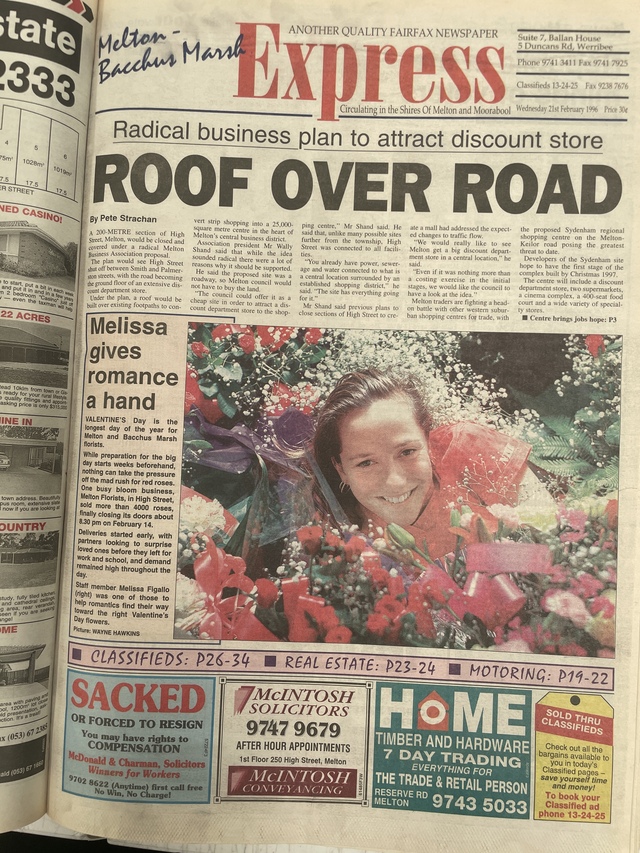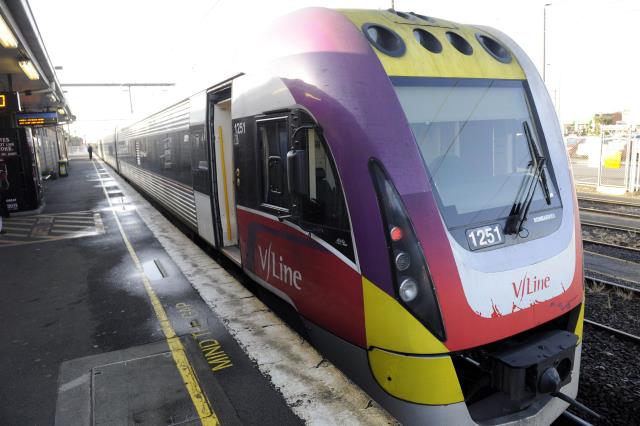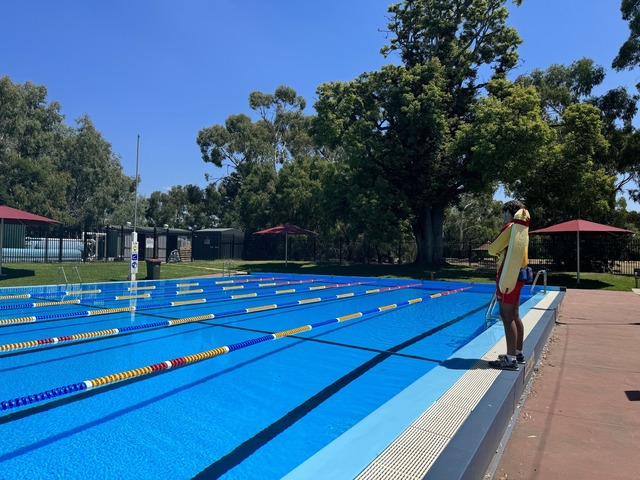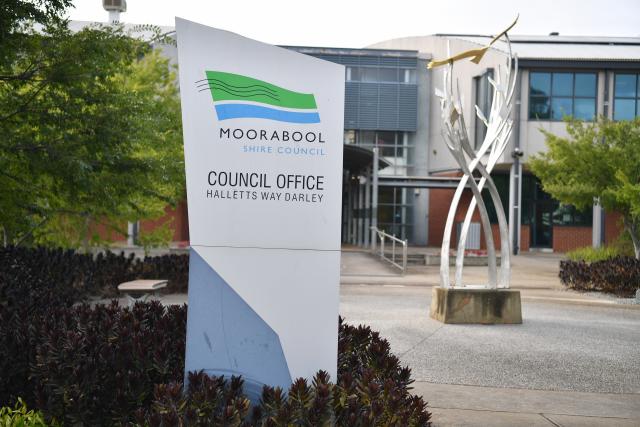More than a quarter of Melton council decisions were made behind closed doors in the past year, according to the recently launched Know Your Council website.
According to the website, 26 per cent of Melton councillors’ decisions were made at meetings closed to the public, compared with the state average of 12.2 per cent and the interface councils’ average of 19.27 per cent.
Melton Residents Association president John Goodman said while he didn’t have a chance to look at the website, he would definitely be asking Melton council questions about its governance.
“It sounds a bit strange that they have so many closed meetings,” Mr Goodman said.
“I’d be very interested to know what’s going on. Yes, I definitely do think it hinders transparency.
“We don’t know what’s discussed at those meetings and what decisions are made and how they can affect ratepayers.”
Explain results
Local Government Minister Natalie Hutchins said Melton council should use the Know Your Council website to explain its results to the community. The website compares local governments and their performances over the past financial year.
“While understanding there may be mitigating factors for closed meetings, every council is encouraged to be as transparent and open as they can,” the minister said.
Commercial in confidence
A council spokesman said that in administering a growth area, the council had a significant capital works program with works required to go through a competitive tender process.
Tender prices are required to be commercial in confidence and are therefore considered in camera.
Meanwhile, Melton ratepayers forked out an average $53,421.71 per councillor over the past financial year, compared with the state average of $47,565.03 and an interface council average of $52,909. 09
The website shows that community satisfaction with Melton council’s decisions (60 per cent) in 2014-15 was slightly above the state (55) and interface council (59) averages.
And ratepayers said they were pleased with council’s consultation and engagement efforts, including its direct approaches to residents to discuss key local issues and decisions.
In this category, the council scored 59 out of 100 – on par with the state (56) and interface council (59) averages.
















